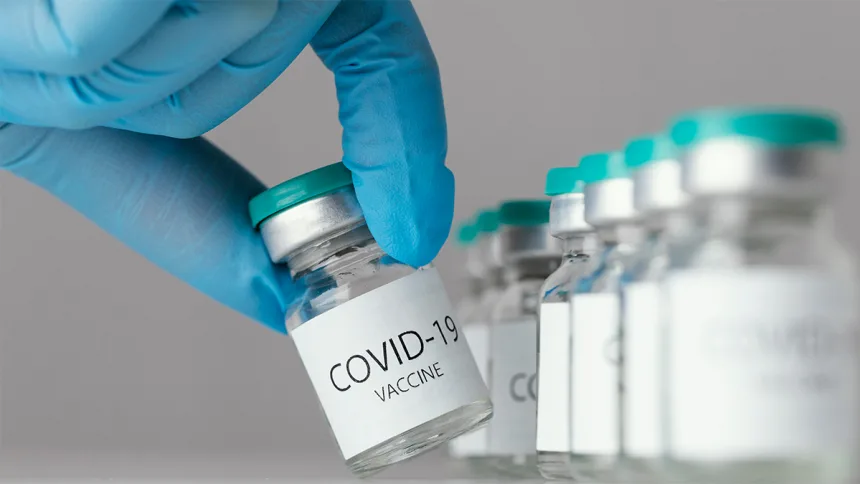NEW YORK & MAINZ, Germany- Pfizer Inc. and BioNTech SE recently announced top-line results from their Phase 3 clinical trial to evaluate the companies’ combined mRNA vaccine candidate against influenza and COVID-19 in healthy individuals 18-64 years of age. The combination candidate consists of Pfizer’s mRNA-based influenza vaccine candidate with the companies’ licensed COVID-19 vaccine. The Phase 3 trial measured two primary immunogenicity objectives (immunogenicity against SARS-CoV-2 as well as immunogenicity against influenza A and B), of which one was met. In a separate Phase 2 trial, Pfizer evaluated trivalent (“tIRV”) influenza mRNA standalone vaccine candidates which demonstrated robust immunogenicity in individuals 18-64 years of age. The companies are evaluating adjustments to the combination vaccine candidate aimed at improving immune responses against influenza B and will discuss next steps with health authorities.
Update on Phase 3 Pfizer and BioNTech Combination Vaccine Trial
The Phase 3 randomized, observer-blinded study ( NCT06178991 ) enrolled more than 8,000 adults 18 through 64 years of age to evaluate the safety, tolerability, and immunogenicity of a single dose combination vaccine candidate against influenza and COVID-19. In this clinical trial, the vaccine candidate was compared to a licensed influenza vaccine and the companies’ licensed COVID-19 vaccine given at the same visit. The primary immunogenicity objectives were to demonstrate that the antibody responses to influenza (hemagglutination inhibition, “HAI”) and to SARS-CoV-2 (neutralizing titer, “NT”) elicited by the combination vaccine candidate were non-inferior (“NI”) to standard of care (“SOC”). Compared to a licensed influenza vaccine, the tIRV formulation was noteworthy for eliciting robust influenza A responses, including a continued trend of higher influenza A responses versus a licensed influenza vaccine, while it showed lower geometric mean titers (“GMT”) and seroconversion against the influenza B strain. In addition, the formulation demonstrated comparable responses against SARS-CoV-2 versus the companies’ licensed COVID-19 vaccine. No safety signals with the combination vaccine have been identified in an ongoing safety data review. Participants who received a licensed influenza and COVID-19 vaccine with co-administration continued to elicit robust immune responses against both influenza and COVID-19 with no safety signals identified to date.
“We are encouraged by the robust immunogenicity we saw with our combination vaccine against influenza A, which was similar to what we had seen for our initial quadrivalent influenza vaccine where we saw superior relative vaccine efficacy against a comparator flu vaccine,” said Annaliesa Anderson, PhD, Senior Vice President and Head, Vaccine Research and Development at Pfizer.
“The insights gained from this combination vaccine trial are highly valuable and will play a crucial role in guiding the further development of Pfizer’s and our combination vaccine program against influenza and COVID-19. We are committed to drawing on our experience in developing mRNA-based vaccine candidates against multiple antigens and believe we can successfully accomplish this task in collaboration with our partner Pfizer,” said Prof. Ugur Sahin, M.D., CEO and Co-founder of BioNTech.
Pfizer will also continue to evaluate its influenza vaccine program and discuss next steps with health authorities.



















